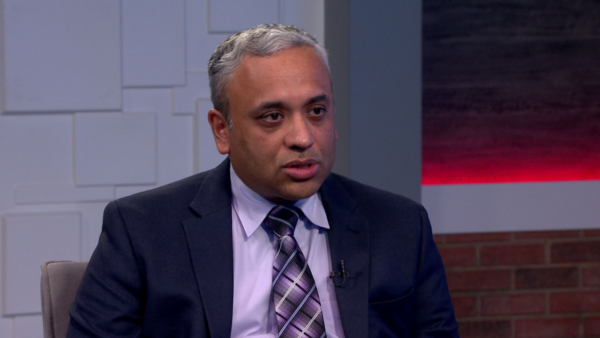The connection between mental health and concussions
Aug. 5, 2020
A family is taking their pain and using it to speak out on mental health issues surrounding concussions. Cronkite News reporter, Jackson Lautaret looks into the legal and health repercussions of college sports.
For former ASU football linebacker, Jason Franklin concussions were a common thing. Franklin suffered a total of four concussions in his five-year span with the team. In 2017 he described one of his concussions as a normal impact hit that was amplified by a play before.
On July 14, 2018, Franklin passed away from suicide. Following his passing his mother spoke out on the site Concussion Legacy Foundation about the impacts of Franklin’s concussions. Which she feels were caused by a lack of concussion protocols.
Now two years after his passing the family has filed a lawsuit against ASU and NCAA. In their lawsuit, they go on to say that concussion protocols were mismanaged.
Furthermore, in an examination of Franklin’s brain, Boston University determined that he had CTE. Most commonly CTE is found in college athletes’ brains who have suffered from concussions. Every year approximately 1.6-3.8 million people suffer from sports and recreation concussions.
With many athletes getting ready to play in their respective sports CEO of the Concussion Legacy Foundation, Chris Nowinski recommends that more be down to protect athletes. Nowinski feels such needs to be done to ensure athletes’ health is in good shape.




















